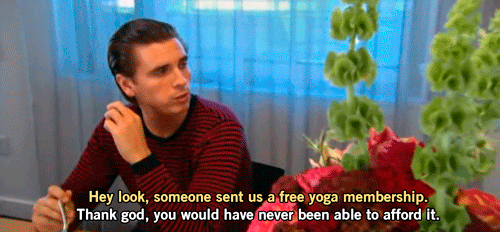
Five healthy ways to lose weight and feel great WITHOUT dieting
We can all be creatures of habit, whether they are positive or negative.
The good news is we can use this particular tendency to our advantage. We can adopt healthier or more positive habits to over ride our negative habits, like the mid-week tendency to order takeaway rather than cook for no other reason except for 'because Wednesday.'

So, to help you ditch the fast food and adopt some healthier habits we found five healthy obsessions you can introduce to your everyday routines to help kick start a healthier lifestyle:
Take a walk:

Walking or running can become an addiction, but a healthy one you can use to your advantage. Whether you choose to rise a bit earlier and take a morning gratitude walk, or opt for a short one on your lunch break, the fresh air does the body and mind good.
Researchers at the Mayo Clinic, found exercise, even as simple as a brisk walk, can help you maintain a healthy weight, prevent heart disease, boost your mood and improve coordination.
Have a smoothie:
Smoothies are a sure way to pack in plenty of nutrients without having to spend hours cooking up a storm. You can find smoothie enthusiasts everywhere; especially on social media. And this healthy obsession is for good reason.
Eating a cup of spinach may seem tedious, but blending it with a bit of coconut milk and a slice of pineapple makes for a much more delicious option.
Pick up the phone:

Friendly chats filled with laughter are not just great for bonding, or catching up on any of the gossip you might have missed if your bestie lives far away. They’re good for your health, too!
Oprah magazine even called it the “talking cure.” A bit of banter with friends is said to have great health benefits that can help reduce stress.
Learn something new:

Whether it’s pilates, art or even a language- maybe your cúpla focail are a bit rusty?
Continuing education as we get older can improve the grey matter in ours brains, and help to avoid degenerative diseases, such as Alzheimer’s. It's also an opportunity to make new friends if you've moved somewhere new.
Treat yourself:

A self-care routine can include anything from indulging in a bubble bath, eating some dark chocolate, reading a book or whatever leaves you feeling ready to take on the world again. And yes- Netflix marathons of your favourite series definitely count if need be.


























